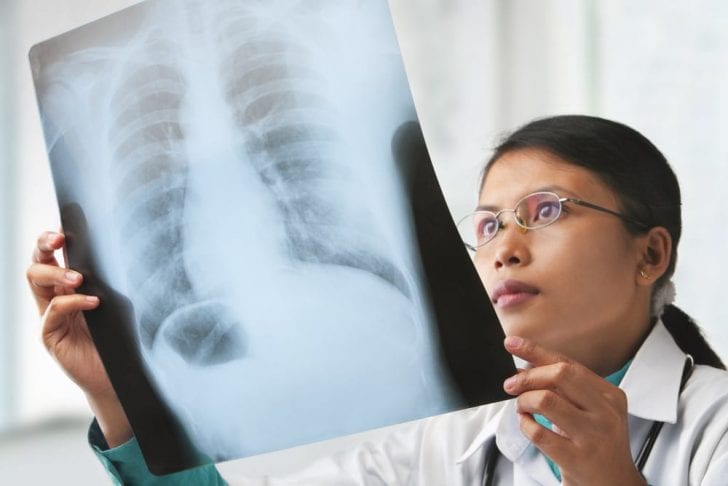Lung diseases are unfortunate conditions that lead to respiratory problems, which sometimes even cause the failure of vital respiratory organs.

Why are Lungs a Cardinal Organ of the Body?
You often hear of cardiovascular diseases and know that it is something serious. You feel pain in your chest region and immediately rush to the closest ER to get a checkup. However, seldom do people take lung problems seriously.
Where the heart is responsible for pumping blood to the body, the lungs are primarily responsible for filtering the air coming through the nasal channels and oxygenating the blood that is then distributed into capillaries and sent to the heart to be pumped to all parts of the body.
If you are still unable to appreciate the importance of the lungs, go back to your Grade 2 Science lesson that taught you that no living organism can function without oxygen. Hence, if the lungs fail to purify the blood, your body will be bereft of the life-giving substance.
The problem is that you can never assess lung diseases unless you have trouble breathing. As soon as you feel any respiratory problem, there are chances that you have fallen victim to a severe lung disorder that includes the following:
- Asthma
- Chronic Destructive Pulmonary disease (CDPD)
- Bronchitis
- Tuberculosis
- Cystic fibrosis
- Acute Respiratory Disease Syndrome (ARDS)
- Lung Cancer
All these diseases are a symbol of distress. The last thing you want to hear is that you have contracted one of these life-threatening diseases, at your next routine checkup. Thus, there are a few lifestyle measures that you can take to keep your lungs in optimum health.
1. Avoid Smoking Like a Plague
Smoking is not cool. Even taking a whiff of its unfair to yourself because you are subjecting your lungs to the deadly possibility of lung disease. Trying to smoke once with a bunch of friends may not seem like a big deal but remember, this may become your first step to cigarette addiction.

2. Avoid Pollutants
There are many pollutants present in the air, but you should try and avoid inhaling pollutants. For example, if someone is smoking in your vicinity, remember that passive smoking is even more hazardous, so, get up and leave the gathering or politely ask the person to take their deadly habit to a less populated area. Likewise, avoid using perfumes and air sprays that contain toxic chemicals. Try and live in an area that is surrounded by parks and away from factories that cause air pollution.
3. Practice Deep Breathing
Deep breathing exercises serve more purposes than just meditation. They ensure that your body is getting an adequate supply of oxygen. It also regulates heart functionality.
4. Consume a nutrient-rich diet
At the end of the day, your body’s health is governed by what you consume. Ensure your diet is rich in nutrients, vitamins, and antioxidants. This helps flush out toxins from the lungs. Try and reduce the amount of trans-fat and saturated fat in your diet because they are difficult to digest and can restrict the lungs from operating efficiently.

Your lungs are constantly on duty because an average person breathes about 25000 times in a day. It is only fair that in return you ensure that your lungs are well taken care of and saved from undue stress that comes from breathing polluted air and consuming oily foods.
